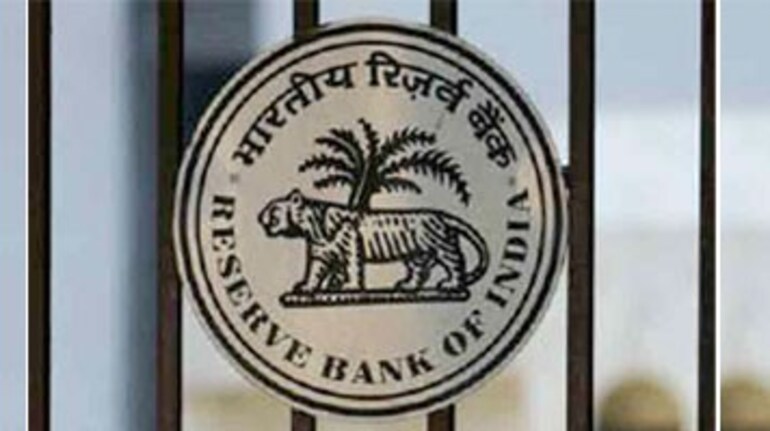



Bond yields rose sharply Wednesday after the Urijit Patel-led committee outlined a clear focus on inflation control for the Reserve Bank of India in its report on monetary policy framework released Tuesday.
The panel, headed by the central bank deputy governor Dr Urijit Patel, suggested the RBI should adopt a formal inflation target (at 4 percent retail prices +/- 2 percent), which should then become the anchor for setting monetary policy.
The report added that the RBI should aim to bring down the consumer price index from 9.87 percent currently to 8 percent in a year and 6 percent in two.
Also read: Bring CPI inflation to 6% in 24 mnths: Urjit Patel panel
Bond prices – which move in the opposite direction to yields -- fell the most in two months on the perception that the recommendations clearly imply a hawkish monetary policy tone in the future.
Yield on the 10-year benchmark government bond rose 10 basis points to 8.65 percent in early Mumbai trading, even as the RBI was scheduled to buy bonds in an open market operation ahead.
Bonds have enjoyed a substantial rally in the past few months, with yields on the 10-year falling from a peak of about 9 percent in November to about 8.5 percent recently, fueled by falling inflation and a pause in the rate-hike cycle.
Rate hike ahead?
“Most if not all of these recommendations are likely to be accepted by the RBI governor,” said Robert Prior-Wandesforde, Director - Asian Economics Research, Credit Suisse.
But it is not clear whether the recommendations of the RBI panel can be adopted by the central bank without requiring government approval, he said. “The committee is suggesting adjusting the ultimate goal of the central bank from what is effectively a joint inflation-and-growth objective to one that is centered on inflation.”
Also read: Will Fed model help RBI become more effective?
The Credit Suisse director added that with inflation above the report’s target, it is clear the recommendations bear a stark hawkish tone. “Everything else equal, this would imply that governor Raghuram Rajan should be raising rates at next week’s meeting and aggressively so,” he said.
However, as monetary policy tends to work with a lag, it is possible that the current disinflationary trend would take CPI closer to the 8 percent target over the next 12-month period, said Samiran Chakraborty, Chief Economist with Standard Chartered Bank. “If that is the case, then, at this moment, the RBI can be on a wait-and-watch mode.”
Chakraborty added that the market will have to adjust its expectations for an interest rate cut and said it won’t happen “anytime soon”.
Given the current inflation trends, an 8-percent retail inflation target in the next 12 months is “feasible, absent any food shock”, according to A Prasanna, Chief Economist, ICICI Securities Primary Dealership.
He said food prices and fiscal deficit – “the two elephants in the room” -- were decided more by fiscal policy and a new government would help provide direction to the CPI this year, and thereby influence monetary policy.
Prasanna added the rates had to go up from here though it remains a question whether “RBI is going to react immediately in the next policy or it is going to wait for some more time.”
Discover the latest Business News, Sensex, and Nifty updates. Obtain Personal Finance insights, tax queries, and expert opinions on Moneycontrol or download the Moneycontrol App to stay updated!
Find the best of Al News in one place, specially curated for you every weekend.
Stay on top of the latest tech trends and biggest startup news.